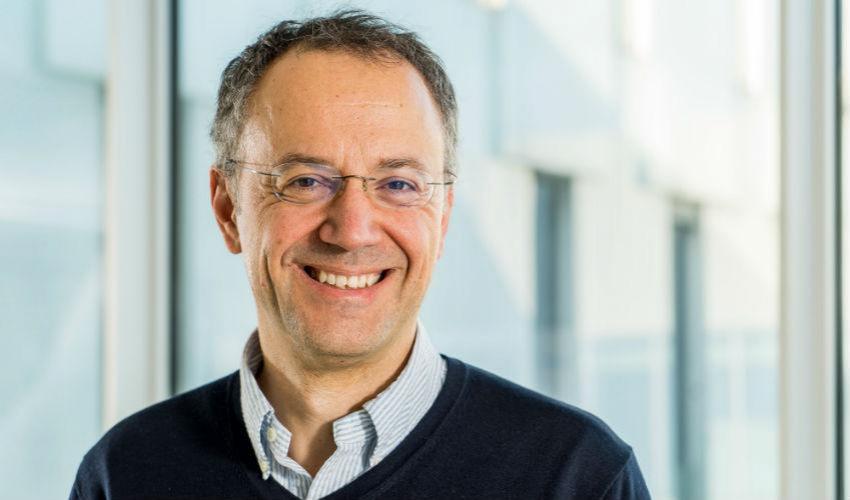
A ERC Advanced Grant to Gianmarco Ottaviano
THE EUROPEAN RESEARCH COUNCIL WILL FUND A PROJECT POISED TO CHANGE THE ACQUIRED WISDOM ABOUT THE EFFECTS OF GLOBALIZATION ON THE NATIONAL ECONOMY BY STUDYING THE IMPLICATIONS FOR INTERNATIONAL TRADE MODELS OF RECOGNIZING THAT FIRMS ARE NOT ALL THE SAMEGianmarco Ottaviano, Full Professor of Economics, has been assigned a €1.3mln European Research Council Advanced Grant for his five-year project MIMAT: From micro to macro: Aggregate implications of firm-level heterogeneity in international trade. It’s the 30th ERC Grant hosted at Bocconi since the European program was launched, in March 2007. The project will be hosted by the Baffi-CAREFIN Center for Applied Research on International Markets, Banking, Finance and Regulation.
Professor Ottaviano’s research is mainly focused on international trade, multinationals, migration and its effects in the EU and the US. He was a London School of Economics Professor when the Brexit referendum was held. He deals with the topic in The Costs and Benefits of Leaving the EU: Trade Effects, one of the landmark researches carried out to quantify the effects of Brexit. “This is the application of a general equilibrium trade model to understand ex ante what may happen in different scenarios. This is a good example of researchers coming out of their ivory tower and talking to the world”.
The MIMAT research project is also based on an out-of-the-ivory-tower observation: even if traditional international trade models postulate that firms are homogeneous, truth is that they are not all the same, and integrating this heterogeneity into the models should change the way economists and policy makers understand the patterns, the sources and the welfare effects of international trade, as well as the impact and the optimal design of trade policies.
“Firm heterogeneity has become manageable in international trade models”, Prof. Ottaviano clarifies, “thanks to two major developments: the easier accessibility of firm-level datasets and the surge in computing power, which both makes the analysis of these data-sets possible and allows to run simulations of statistical models in counterfactual scenarios for which data are unavailable”.
The MIMAT project entails four work packages providing new insights on how heterogeneity affects the ability of markets to deliver allocative efficiency; the design of optimal multilateral trade policies; the comparative advantages of countries; the capabilities of a country as an exporter.
Professor Ottaviano joined Bocconi in his current position in September 2017, but he’s been familiar with the University since 1986, when he enrolled as a student of Economic and Social Sciences. He, then, obtained his PhD in Economics here with the supervision of Professor Fabrizio Onida, came back as an Associate Professor from 2001 to 2002 and, again, as a Full Professor from 2008 to 2011, “the years of Bocconi internationalization”, he says.
Professor Ottaviano also held positions at the Università di Bologna and was research fellow in centers and institutes in Belgium, Germany, the United Kingdom, Spain, and Switzerland. In 2011 he moved to the London School of Economics for six years.
by Claudio Todesco
